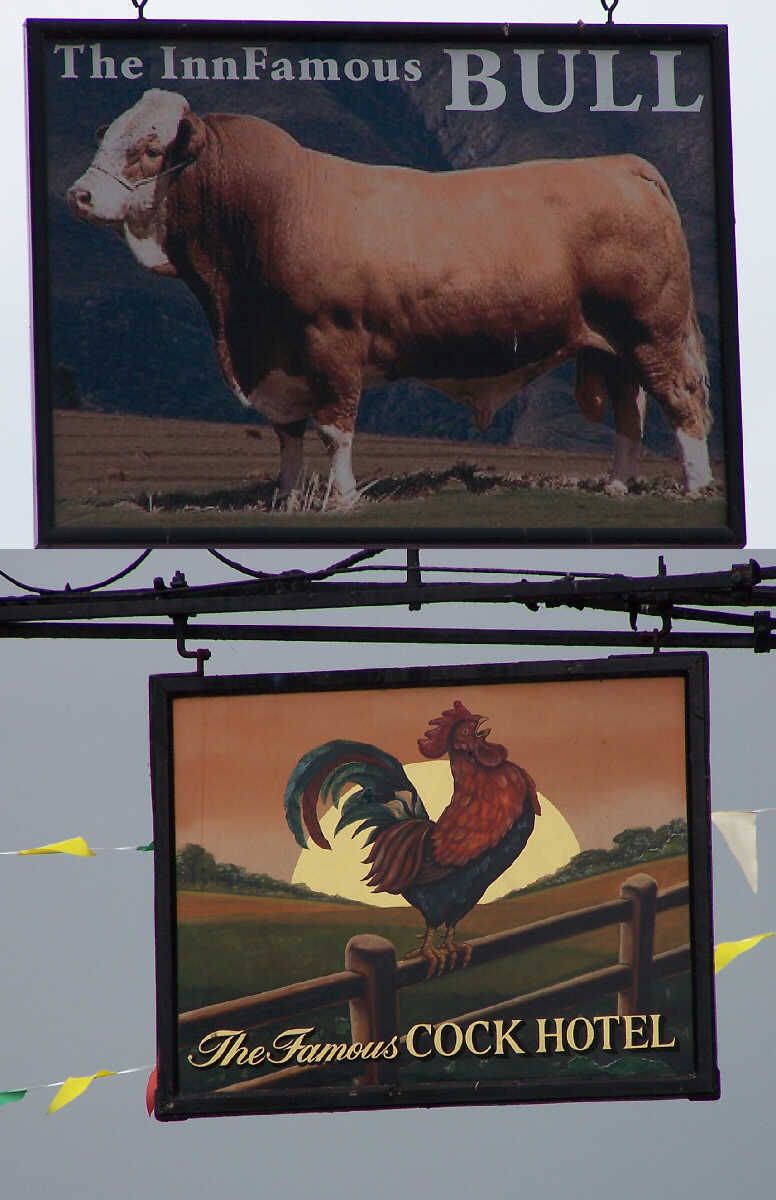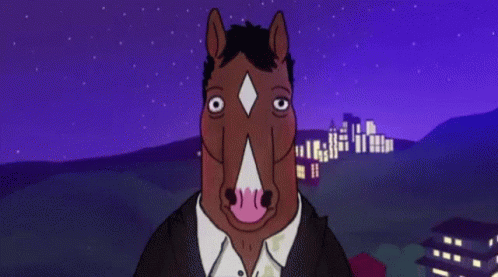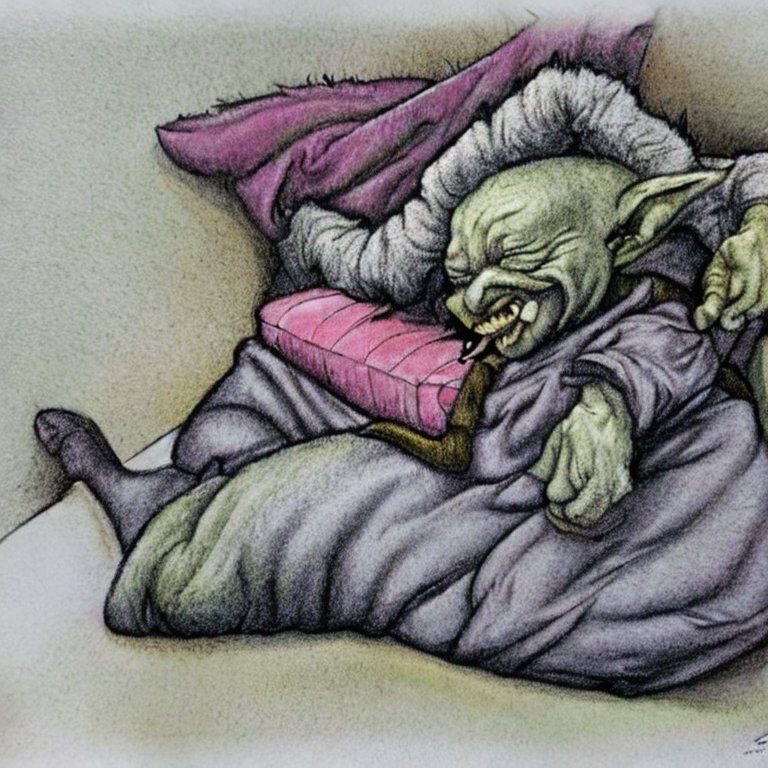One of my favourite English expressions is definitely "cock and bull story". As you may have gathered from other posts, I have a great passion for stories, ancient legends and especially ancient history. And believe me, there really is a lot to be said about this idiom. So how did a rooster and a bull meet in this story? Is that bullshit? Well, not exactly: close, but no cigar! ... But let's start at the beginning.
Cock and bull story: meaning and examples
A cock and bull story is an unbelievable story. As our AI suggests, this expression is used to refer to a story that is implausible and unlikely to be true. Let's take a look at our favourite linguistic tool, Ludwig, to clarify our ideas:
As a teenager, he joined the merchant navy, supposedly to find Dorothy Lamour (from the Crosby-Hope Road movies). "When he realised she wasn't in the South Seas, he had a nervous breakdown," says Tribble. It sounds like a cock and bull story, but Russell adds: "I did have a breakdown. Listening to Tchaikovsky cured me.
The New Yorker, 6 August 1932, p. 23 tells of Blaisdell telling a cock-and-bull story about going to a publisher's office and being put off by his secretary.
Sometimes Mr Forbush authenticates a tipster; he refers to Vinal Edwards as "a thoroughly reliable observer". Other times, he simply lets his man speak and keeps quiet, leaving the reader to decide whether there's any truth in the report or whether it's a cock-and-bull story.
To sum up, a cock and bull story is something unbelievable, such as a last-minute excuse you make up to justify being late for an appointment. But your story just doesn't stand up to the facts, and someone might respond angrily:
I don't believe you. I can tell by the tone of your voice that you are telling me a cock and bull story!
From this point of view, the idiom "a cock and bull story" can be seen as related to another idiomatic expression, " tall tale". The latter is indeed used to describe a story of dubious veracity or a lie. It might even be considered " bullshit". However, this latter word refers to a more complex meaning, where the teller of a story is no longer able to understand whether he is lying or what is true or false.

Origin of the idiom “cook and bull story”
The origin of the idiomatic expression "a cock and bull story" is still a mystery and scholars have not yet reached a unanimous agreement. If we google for its origin, numerous websites - including Wikipedia - report us that the idiom comes from the fact that travellers staying in two old coaching inns were used to entertaining themselves with extraordinary stories and exaggerated gossip.
The Cock Inn and the Bull Inn, both in Stony Stratford, a town on Watling Street (now a constituent town of Milton Keynes in Buckinghamshire), were staging posts for rival coach lines on the London–Birmingham turnpike. It is said that local people, regarding the passengers staying at the inns as a source of news, were told fanciful stories; there was even rivalry between the two inns as to who could tell the most outlandish story.
Even though the historical existence of these two coaching inns is well attested, there is no solid proof of the veracity of this story. As several linguists have pointed out, it can be considered a folk etymology, in other words... a cock and bull story!
Several scholars, on the other hand, have linked the origin of this idiom to another similar French expression, sauter du coq à l'âne.
The latter probably comes from a mythical or fictional conversation between animals in a folk tale. The French idiom sauter du coq à l'âne literally means "to jump from the cock to the ass", but it must be understood metaphorically as "to jump from one subject to another".
Written sources also show how this French idiom entered Scottish English in the early 17th century as " cockalan", whose meaning, according to An Etymological Dictionary of the Scottish Language, published in 1808, is "a comic or ludicrous representation". The phrase was later to be officially incorporated into the English language. But for some obscure reason, the donkey turned into a bull and the phrase took on its current meaning of "incredible story".
That’s Incredible, don't you think?







